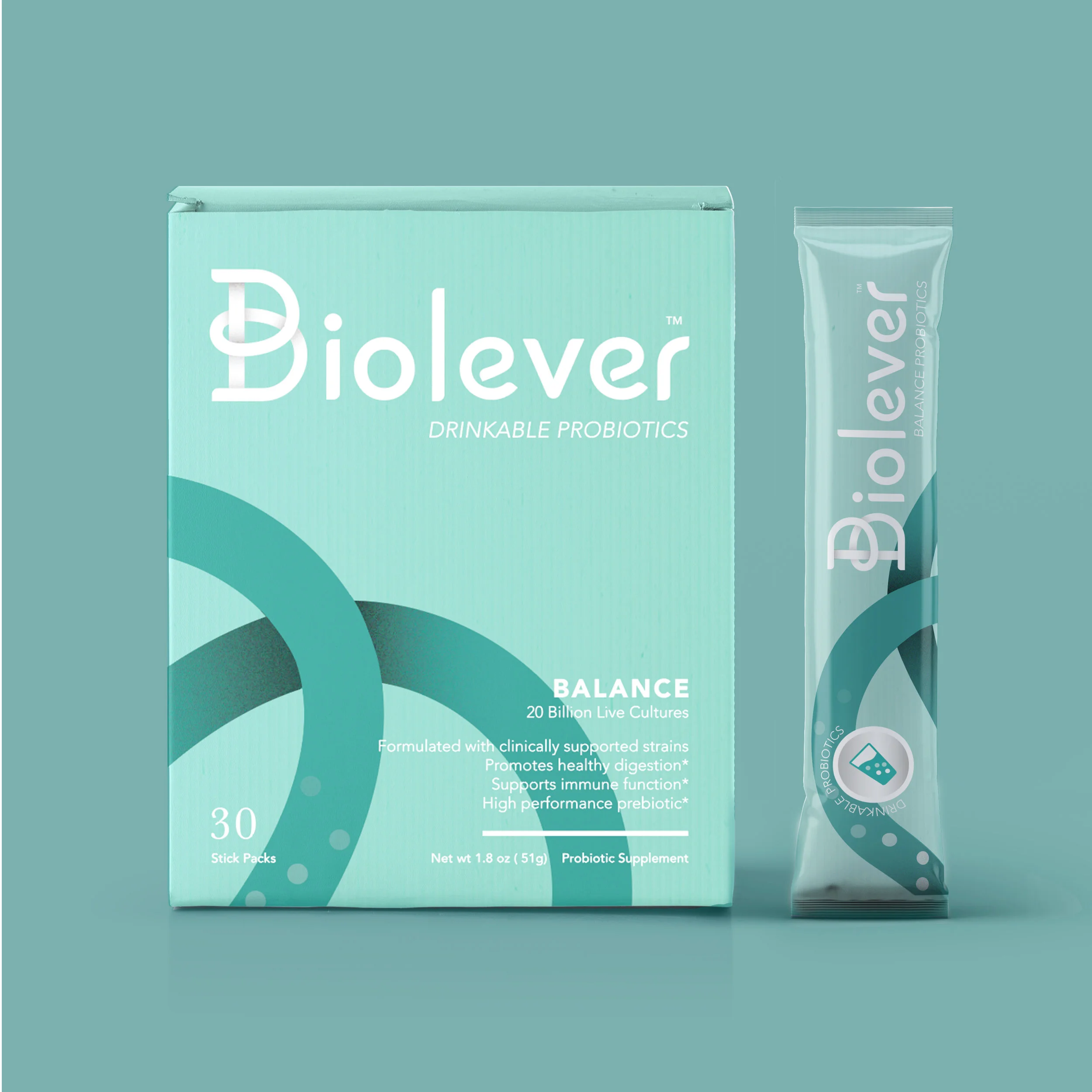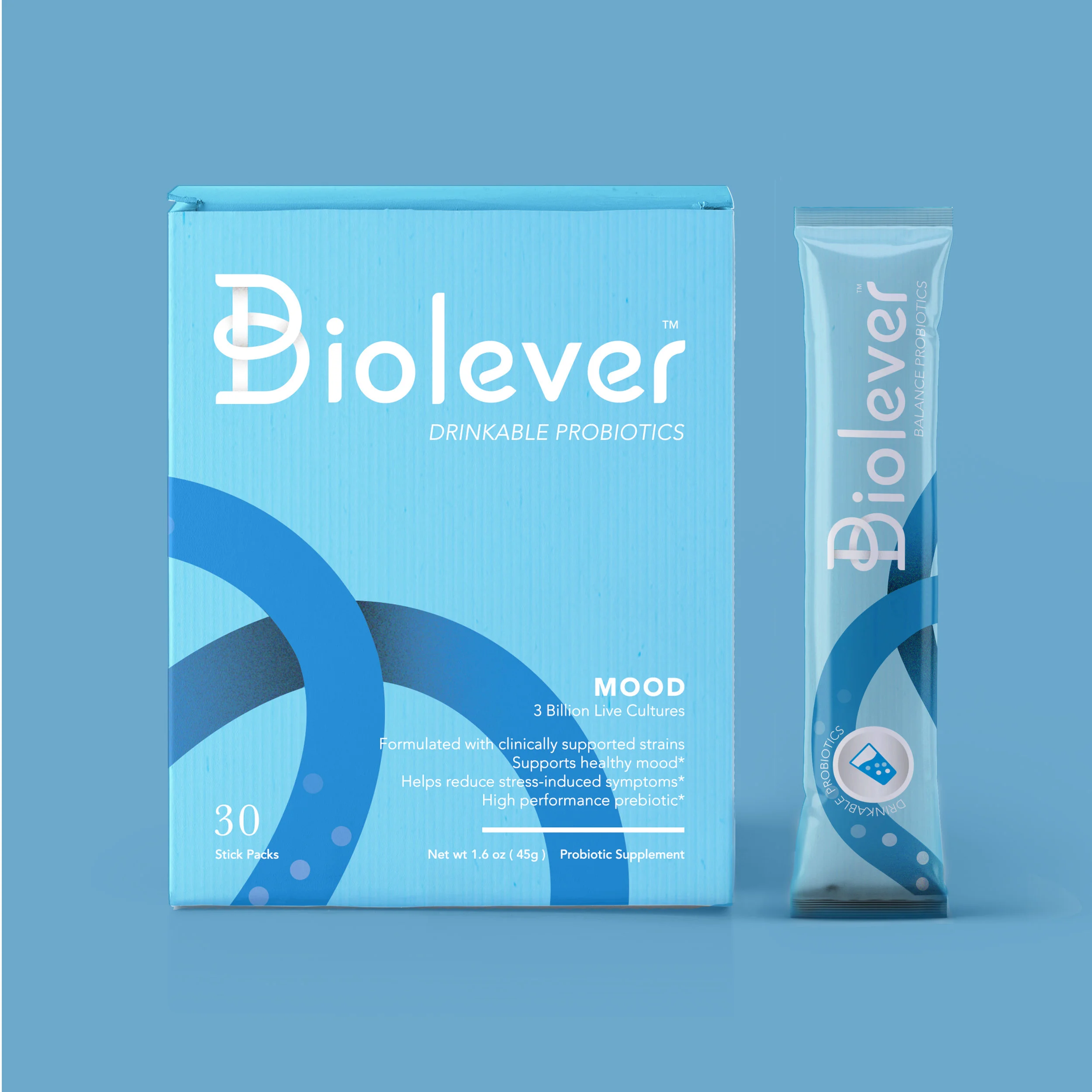A Natural Option to Fight Allergies and Hay Fever
If you find yourself sneezing and coughing and rubbing your eyes while you are reading this article, you are not alone.
More than 50 million Americans experience a variety of allergies every year. Allergies can affect anyone from children to senior citizens and they can strike anytime of the year. Sleep, productivity, and overall quality of life are all altered by allergies.
What Are Allergies?
Allergies are an overreaction of the immune system to substances that cause sneezing, coughing, itching, and discomfort. The allergies themselves and generally cannot be prevented, but the allergic reactions and symptoms can be controlled.
Suffering Occurs All Year Long
Allergic rhinitis, often called hay fever affects 16 million adults and 5.5 million children. The results are runny nose, watery eyes, nasal congestion and generally just feeling miserable.
People do not just suffer seasonally when pollens from grass, trees, and weeds are at high levels. They experience the annoying problems of hay fever year-round. They are generally caused by dust mites, pet hair, mold, or other everyday situations.
How to Manage Allergies
There are several steps that can be taken to minimize the problems of allergies including:
avoiding contact with the allergen
eliminating dust mites
preventing contact with animal hair and dander
take medication or injections
But often it is not possible to evade contact with allergy-causing situations, such as pets in the home, or pollen in the air or dust at work and school.
But there may be option for managing allergies without the side effects of drowsiness, dizziness, and blurred vision from antihistamines, decongestants, and prescriptions. After all, falling asleep at your desk, having your kids nod off during class, or never going outside are not realistic options.
Investigators have found that probiotics are a much more attractive alternative.
Probiotic Support for Improved Quality of Life
Scientists have found that probiotics are successful in regulating the body's immune response to allergens and may increase tolerance to hay fever symptoms.
In a recent study, people who took probiotics suffered fewer allergy-related symptoms, which meant that they were less troubled by itchy eyes and sneezing during their daily activities. Just as importantly, those who took the probiotics reported an improvement in their quality of life.
Published research has shown over and over again that probiotics have the ability to regulate the body's immune response to allergies. Based on the data, there can be no doubt that probiotics are a useful therapeutic remedy in the treatment of allergic rhinitis.
The large body of research showing that probiotics’ helps manage allergies demonstrates that there is a natural method to making the symptoms much more bearable.









